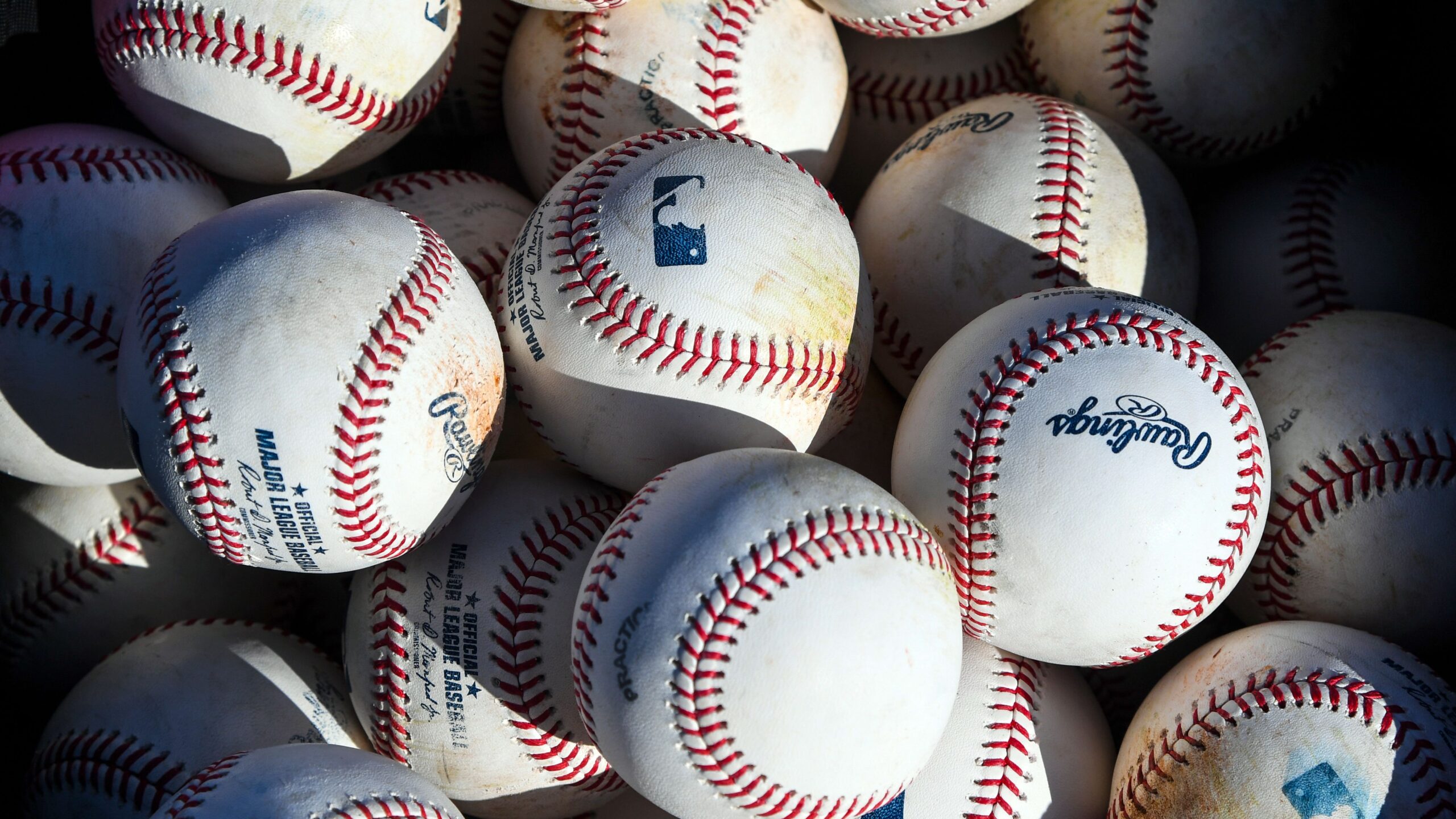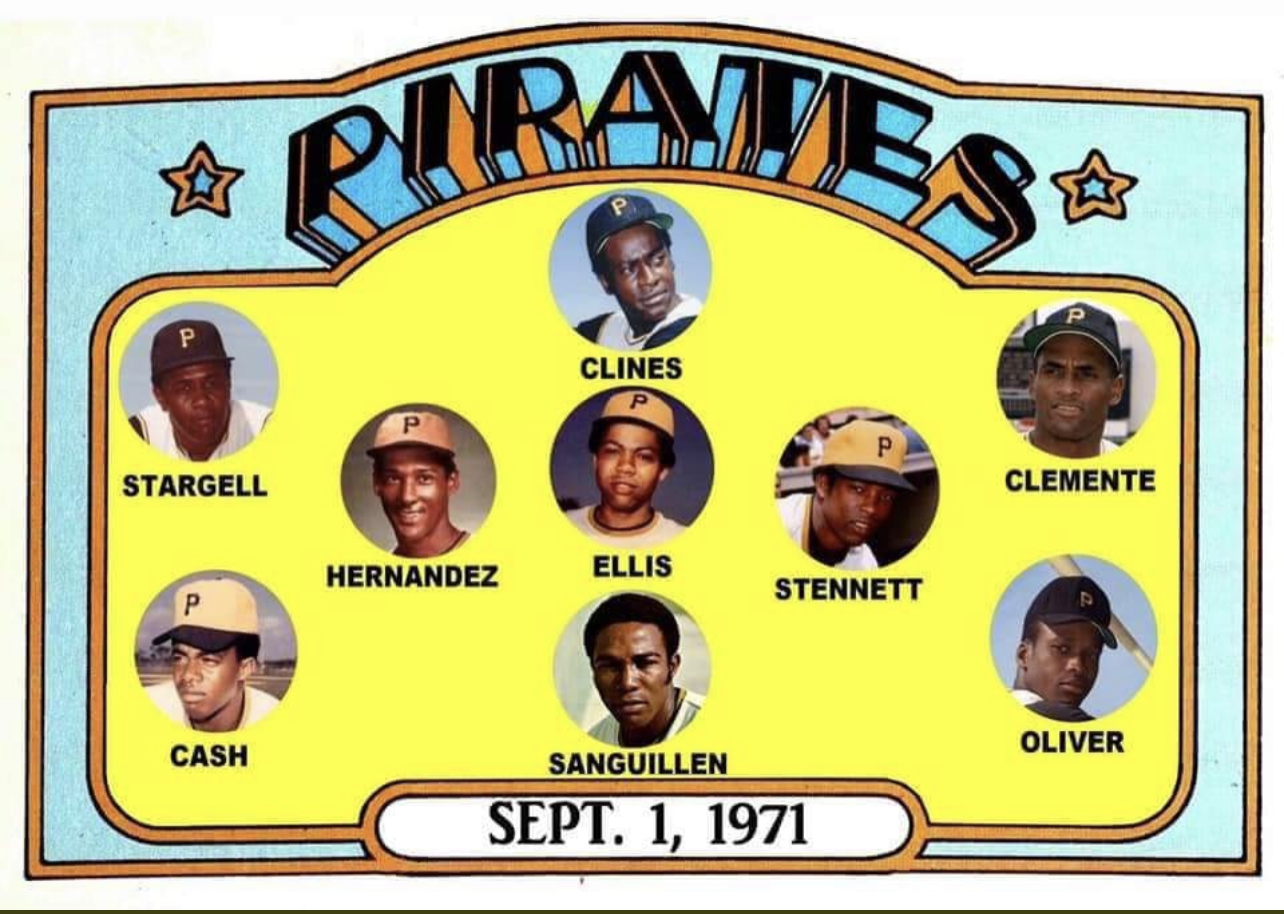Sooner than later, baseball fans, like most Americans, will have to learn how to roll their Rs in order to keep up the games influx of players from Latin America.
The comments made two weeks ago by San Diego Padres pitcher Bud Norris arent an anomaly.
Even baseball observers as such Ken Hawk Harrelson and Colin Cowherd may need to be dragged out of the dark ages, kicking and screaming, as times have changed. Harrelson, the broadcaster for the Chicago White Sox, will often use racially coded language when describing Asian and Latino (Oriental and tricky) players. Harrelsons words didnt make any sense since some of the greatest Latino players in baseball history, such as Minnie Minoso and Luis Aparicio, played for the White Sox.
Cowherd, who recently left ESPN for Fox Sports 1, said this about the mental aptitude for baseball players from the Dominican Republic:
The Marlins put a general manager in their dugout. People freaked out. Like, ‘Whoa!’ It’s baseball. You don’t think a general manager can manage? Like it’s impossible? The game is too complex? Like I’ve never bought into that baseball is too complex. Really? A third of the sport is from the Dominican Republic.
Even before those comments, Al Campanis, the Los Angeles Dodgers vice president and general manager, said this back in the 80s:
This goes to show us all that change is scary for some. Especially when the game men like Harrelson, Norris, Cowherd and Campanis loved so much, isnt the one they saw growing up.
Adrian Burgos Jr ,a professor at the University of Illinois, is a highly sought after historian when it comes to Latino baseball. He has written two books on the intersection of Latino culture and baseball called Playing Americas Game: Baseball, Latinos, and the Color Line and Cuban Star: How One Negro League Owner Changed the Face of Baseball. He says that players like Norris often forget the how long Latinos have been around the game.
The participation of Latinos in baseball goes back to the 19th century. Many Latinos played in the Negro Leagues. Baseball arrived in Cuba at the same time it arrived in California, Burgos said. Americas game isnt just played in the United States. Its played in Puerto Rico, the Dominican Republic, and elsewhere.”
Burgos went on to say that culture divide in Major League Baseball, which was born under segregation, did not allow players to speak with each other, or fraternize before games due to the Black Sox scandal.
Just because Latinos play the game a certain way, doesnt mean they dont care any less than anyone else. It doesnt mean they dont appreciate the game, they just have a different approach to it, Burgos said. Players from Cuba, Dominican Republic, and Venezuela, play the game with joy and passion. They will share that joy and passion with the fans. They dont think about the corporate intensity, where they have to be quiet and enjoy this moment. These moment were meant to be enjoyed by oneself, and by the fans.
In some cases, that same enthusiasm Burgos described has caused every team in Major League Baseball to set up shop in Latin America in order to look for the next Albert Pujols or Felix Hernandez. When something starts to garner so much attention, what was already there, often gets left behind.
It has been well documented that African-Americans do not play baseball as much as they once did. When legend Hank Aaron bemoaned that only one African-American player, Jermaine Dye, was in either lineup in the 2005 World Series, people sat up and noticed that the game was changing. Some of the reasons why have a direct correlation with the number of Latino and Asian players in the sport. Former Major League player Gary Sheffield once told GQ that teams preferred Latino players over Black players because they were easier to control:
“I called it years ago. What I called is that you’re going to see more black faces, but there ain’t no English going to be coming out. [It’s about] being able to tell [Latin players] what to do — being able to control them,” he told GQ. “Where I’m from, you can’t control us. You might get a guy to do it that way for a while because he wants to benefit, but in the end, he is going to go back to being who he is. And that’s a person that you’re going to talk to with respect, you’re going to talk to like a man. These are the things my race demands. So, if you’re equally good as this Latin player, guess who’s going to get sent home? I know a lot of players that are home now can outplay a lot of these guys.”
The recent culture clash I mentioned in part one of this column shows that Sheffields words were initially proven correct but his lasting hypothesis didnt have the legs it needed to stand on.
Dr. Joel Nathan Rosen, an associate professor of sociology at Moravian College (PA), says the recent pushback against Latino culture in baseball isnt exclusive to the sport itself.
Lets face it. Each existing group in American history has had to deal with a group clawing and scratching its way into the mainstream. The group is looked at as a threat, Rosen said. Theres always been a level a chauvinism against those who we see as taking our jobs.
Rosen, who once called minor-leagues baseball games, says that these so called baseball purists are holding on to something that no longer exists.
I think football and basketball is more of a representative of the country in terms of peoples interest levels, Rosen said. Im hard-pressed to see how the off the cuff utterances of people who are stuck in the nostalgia of baseball. I just dont see it as representative commentary.
At this point in time, should we blame the people complaining? After all, many African-American kids have voiced their disinterest in baseball in numerous ways. So what was baseball supposed to do then? The same thing most companies who wants to turn a produce would do, find someone willing to work.
Sounds American to me.



